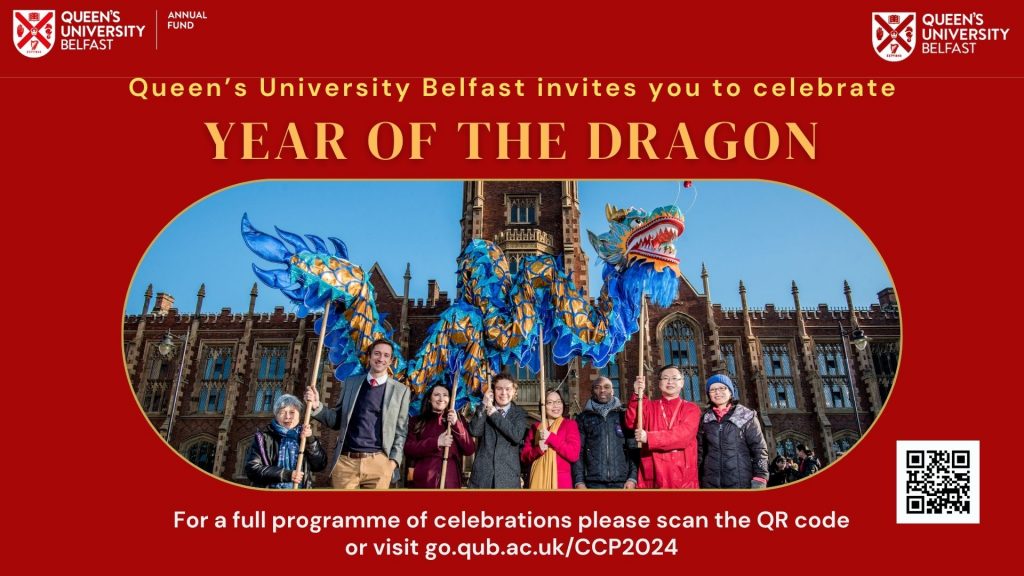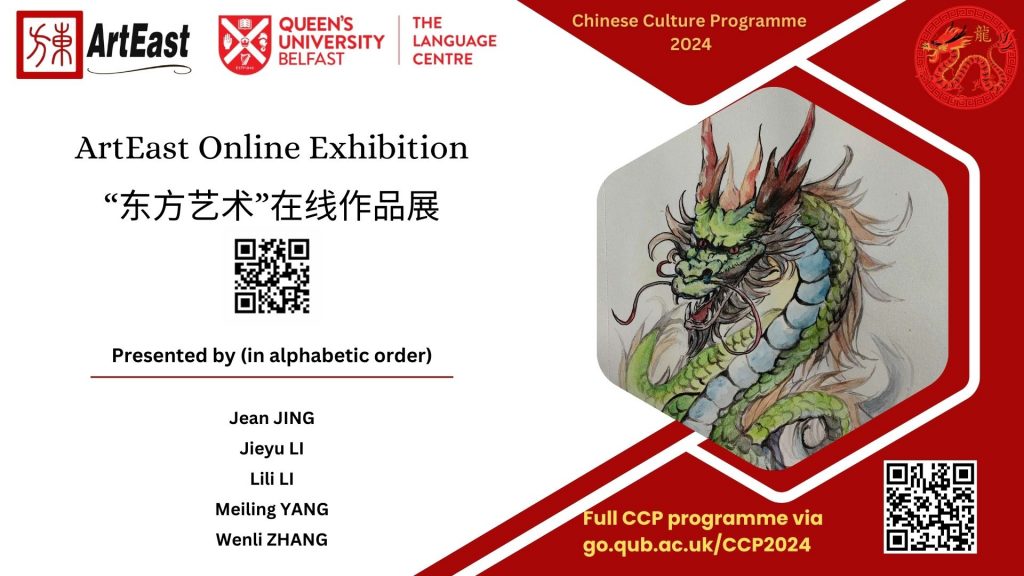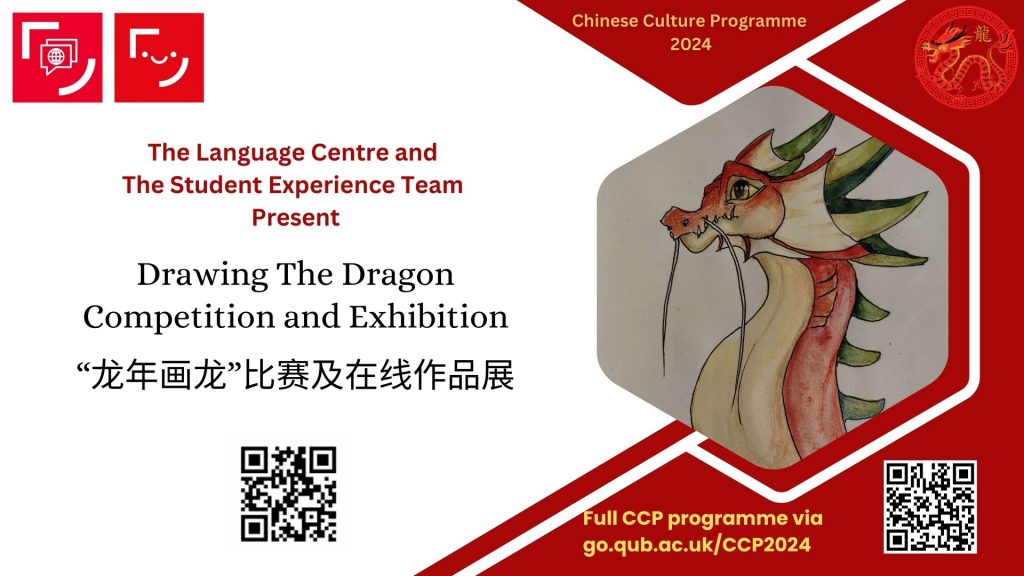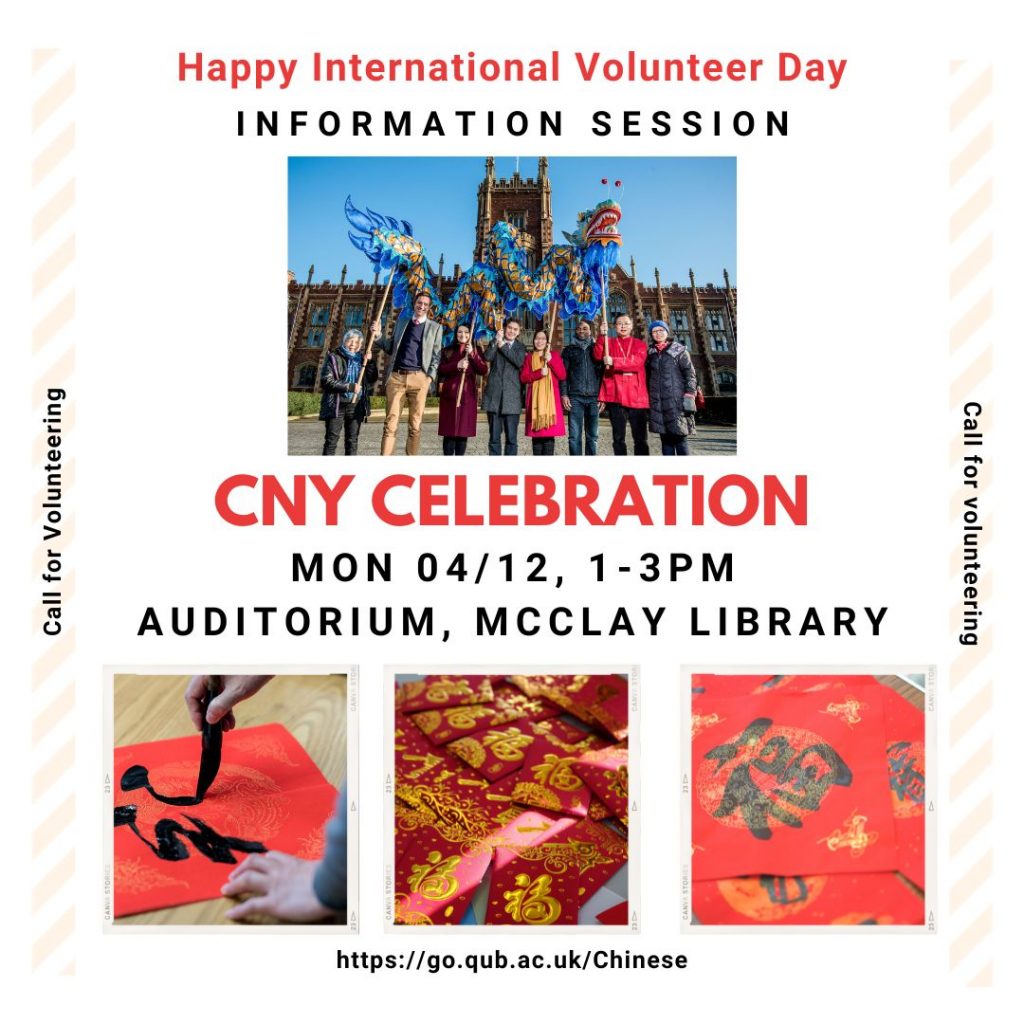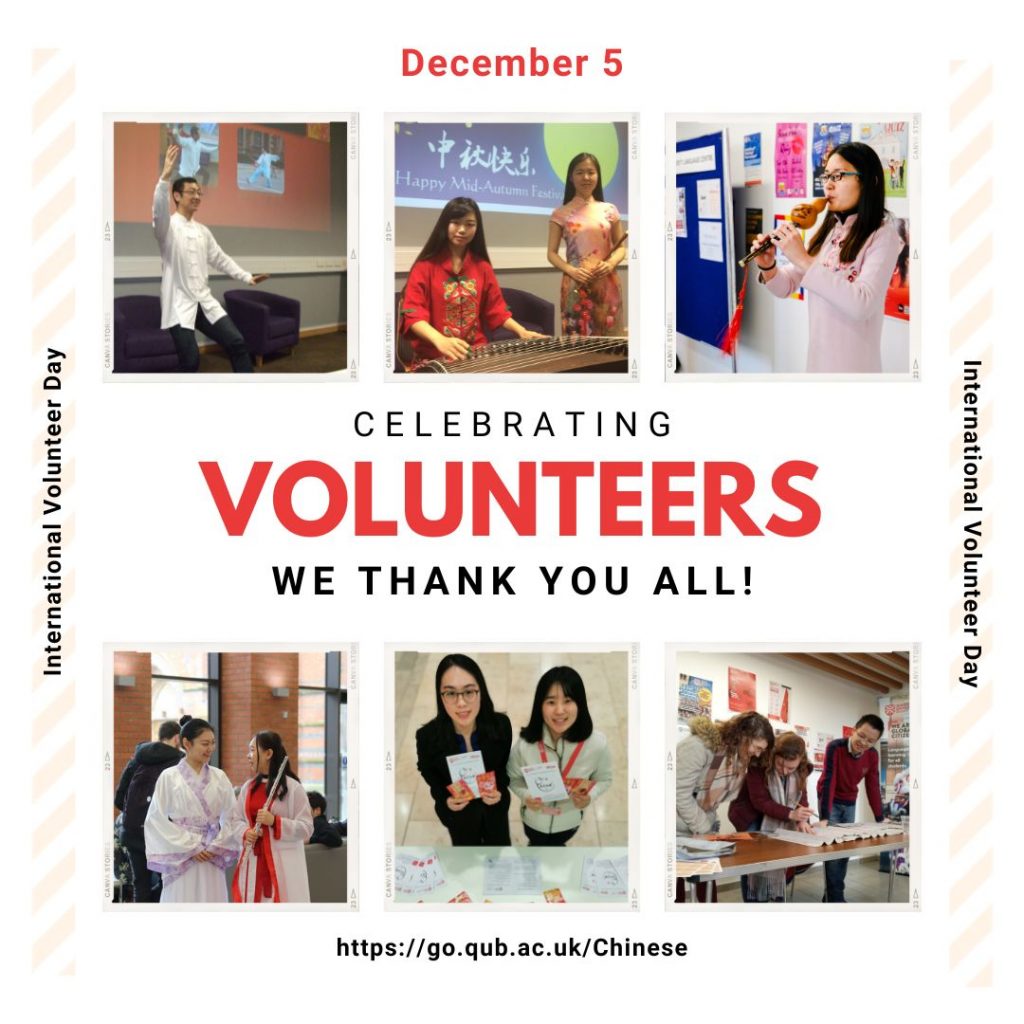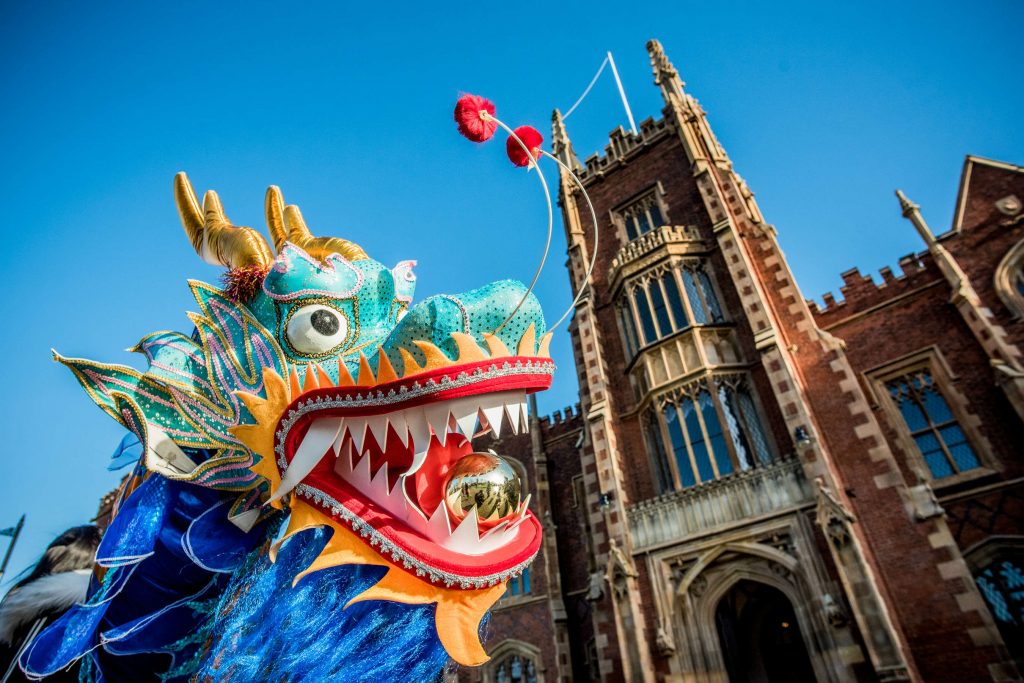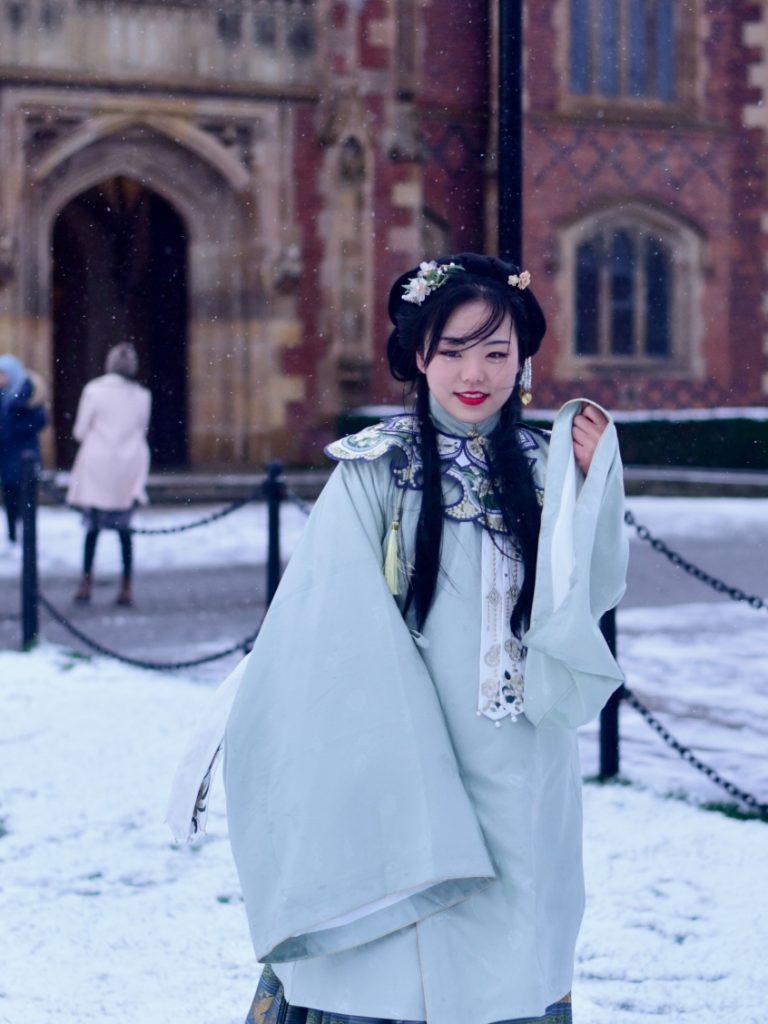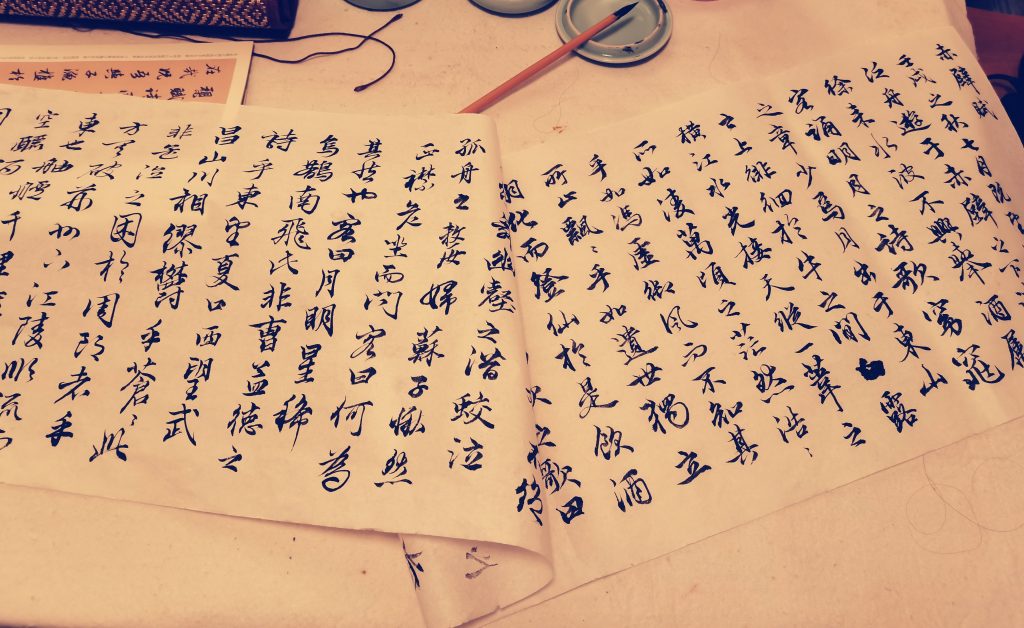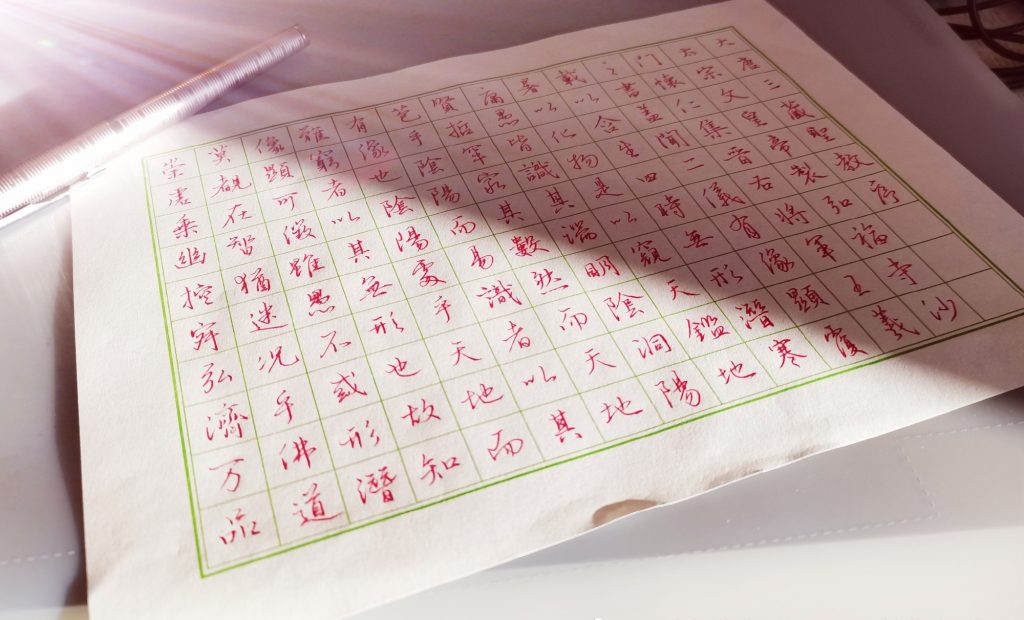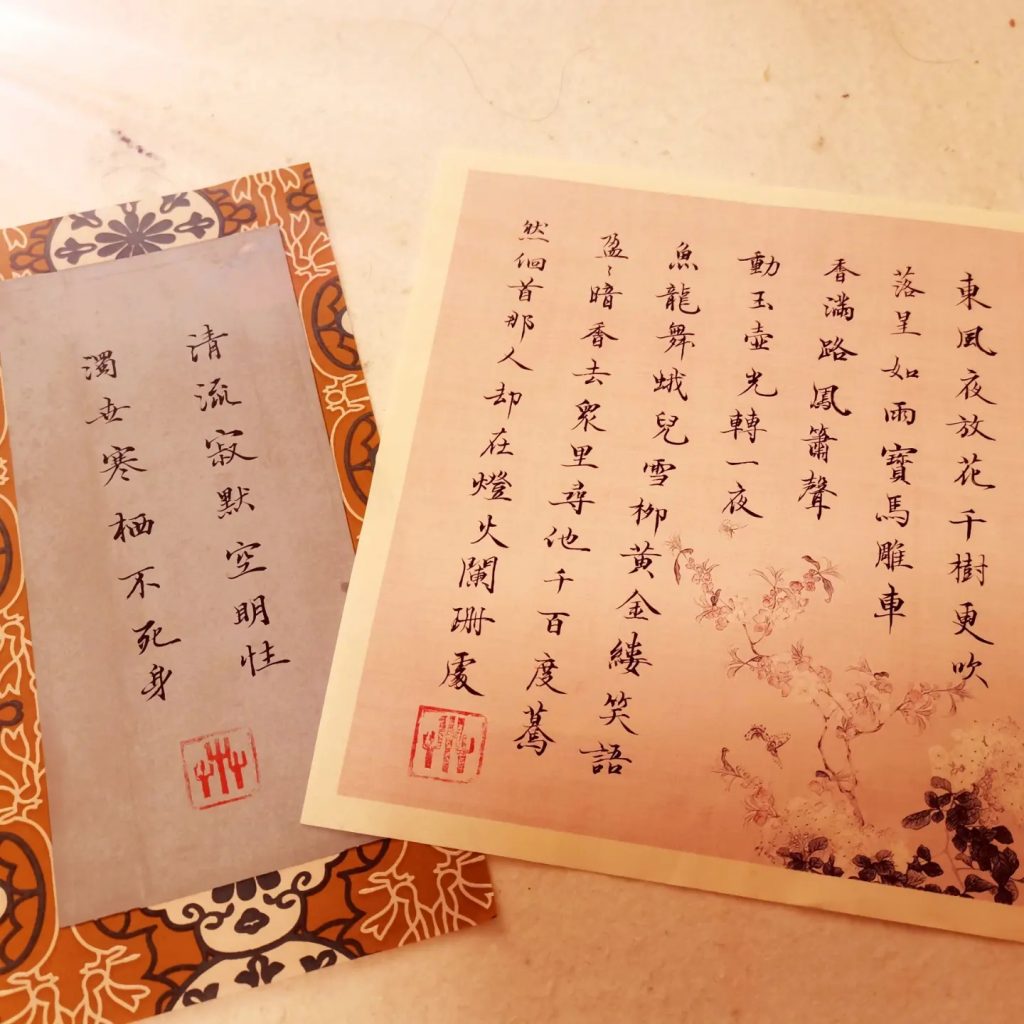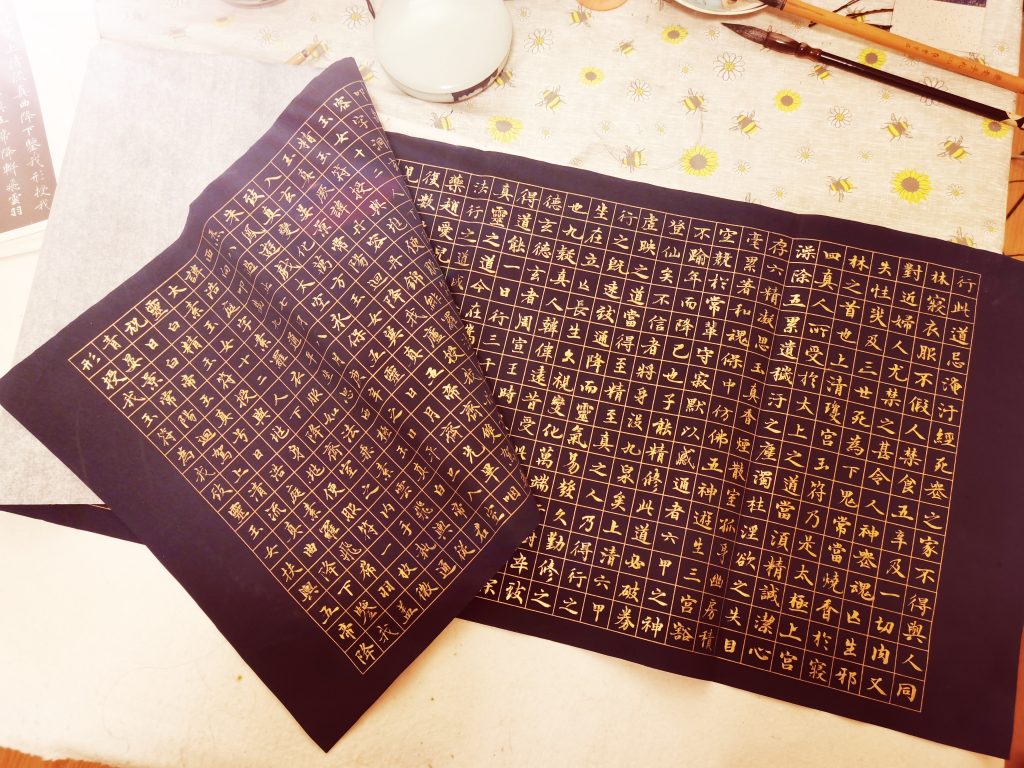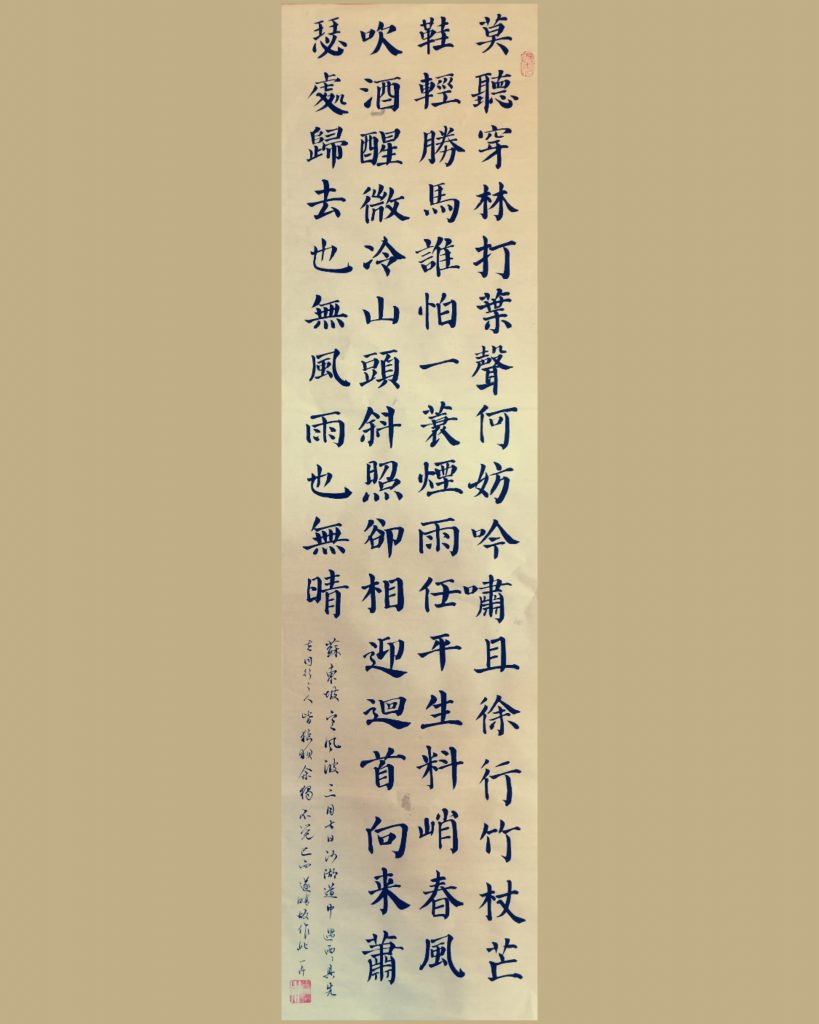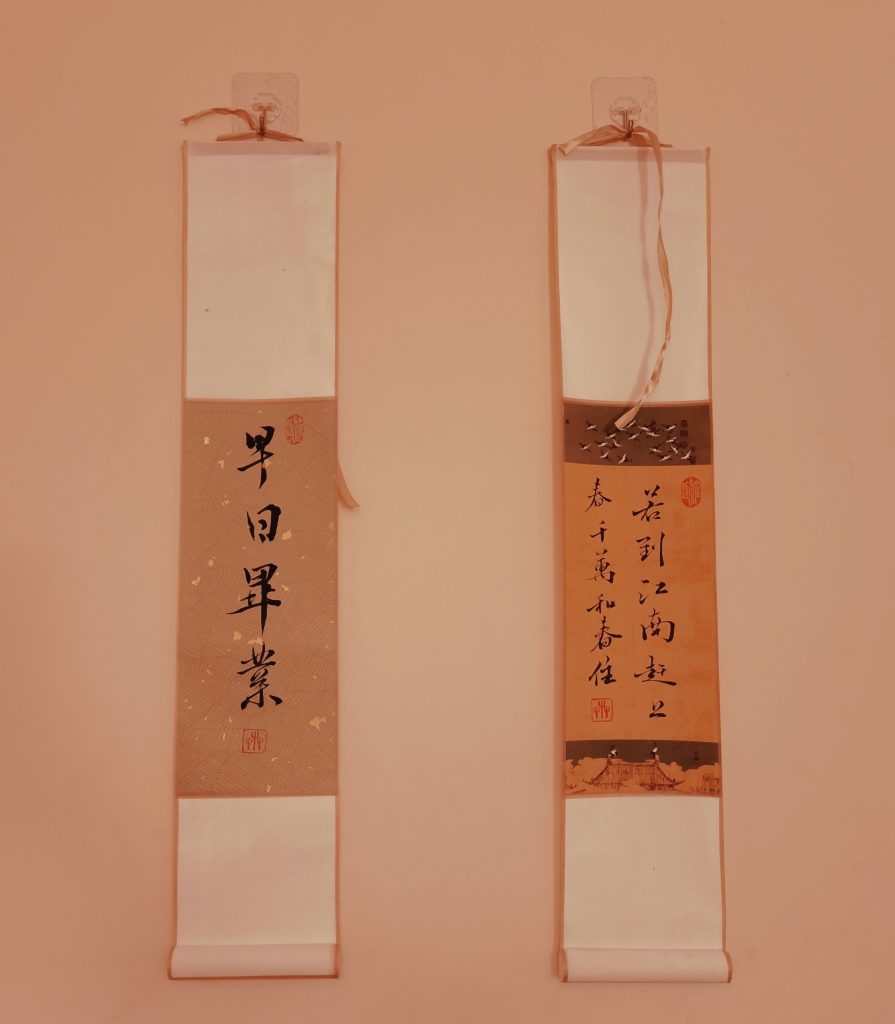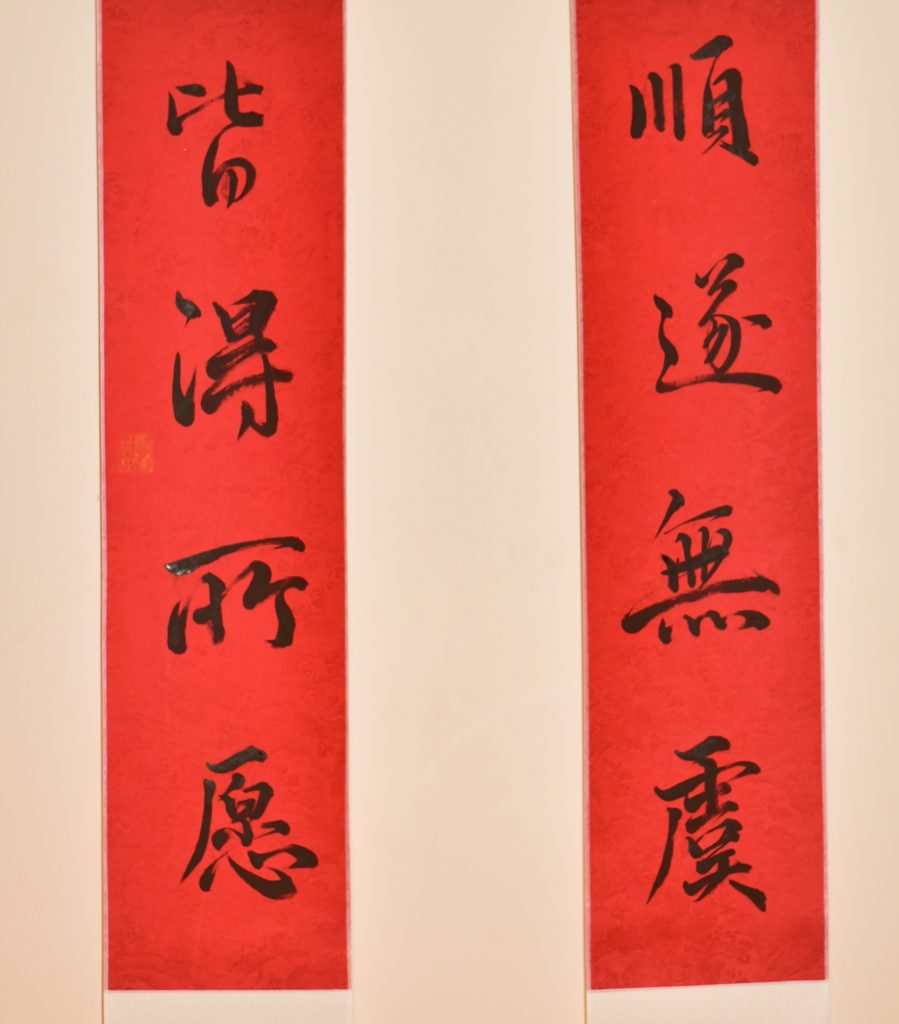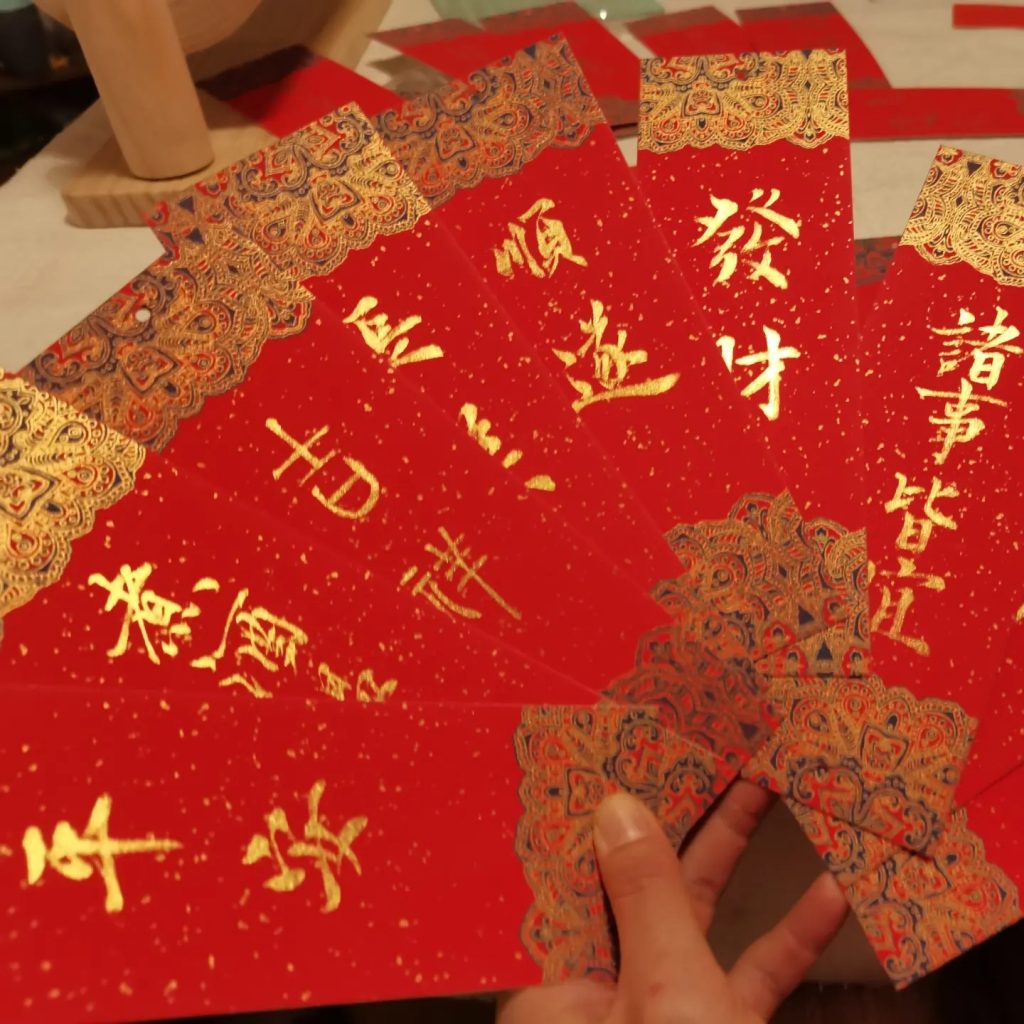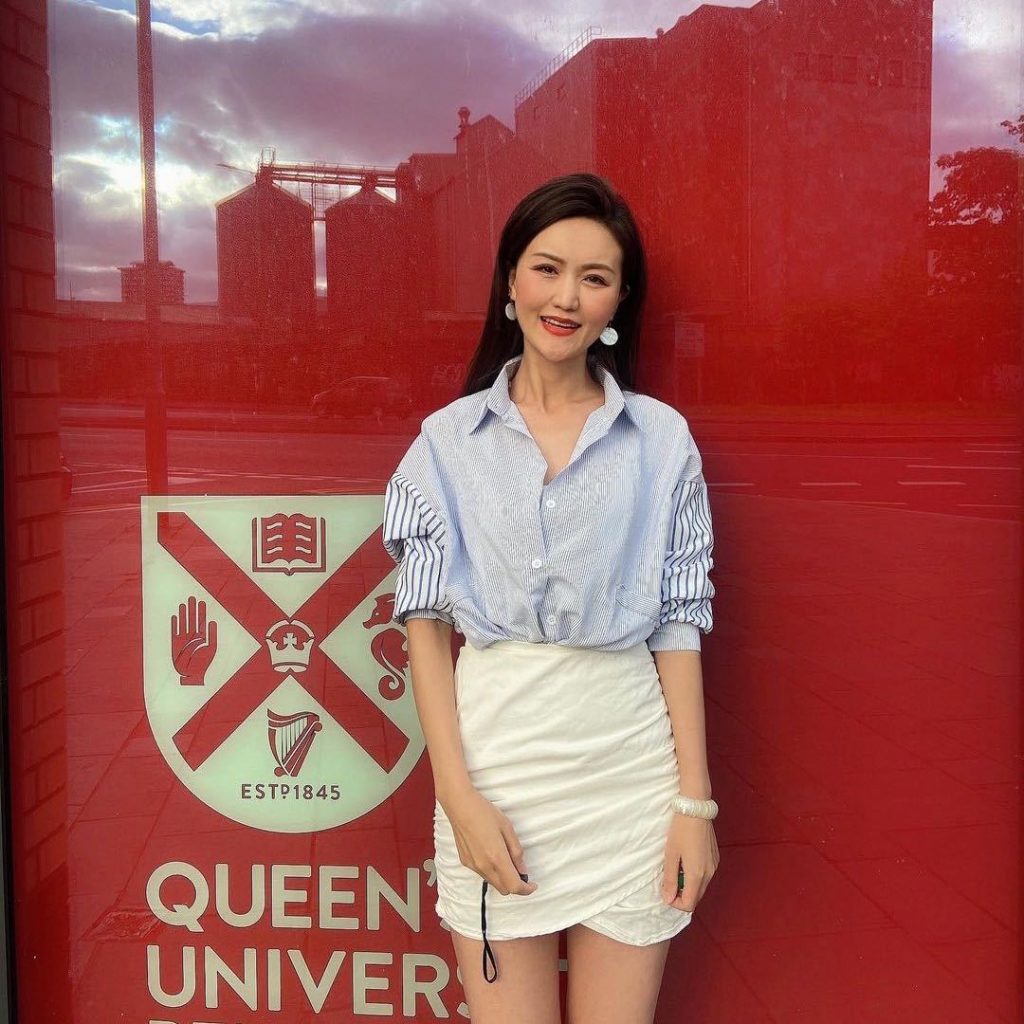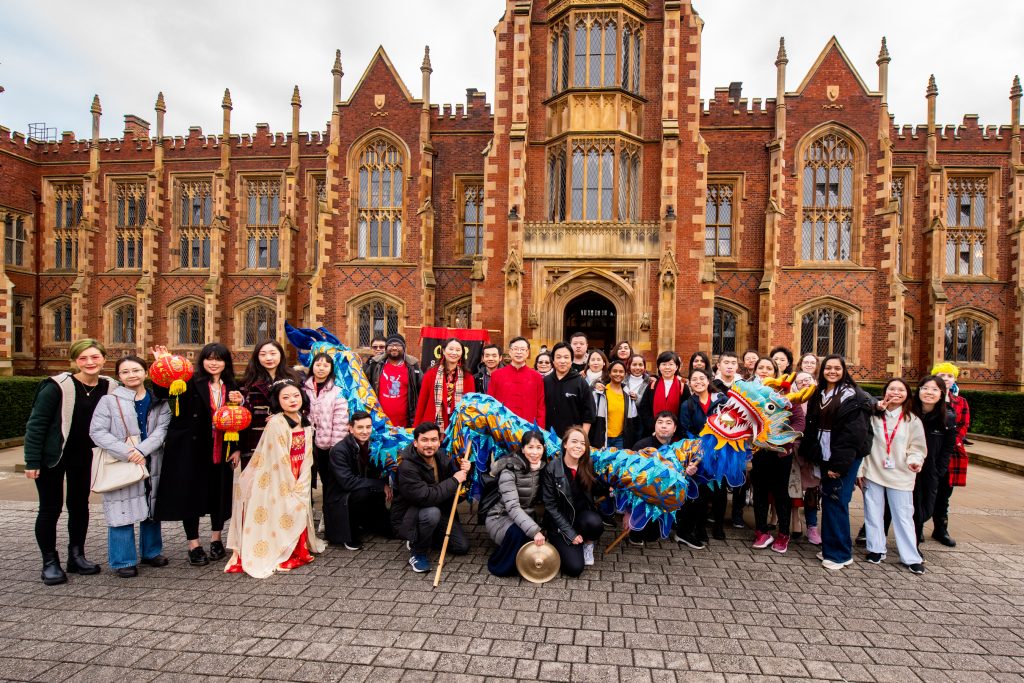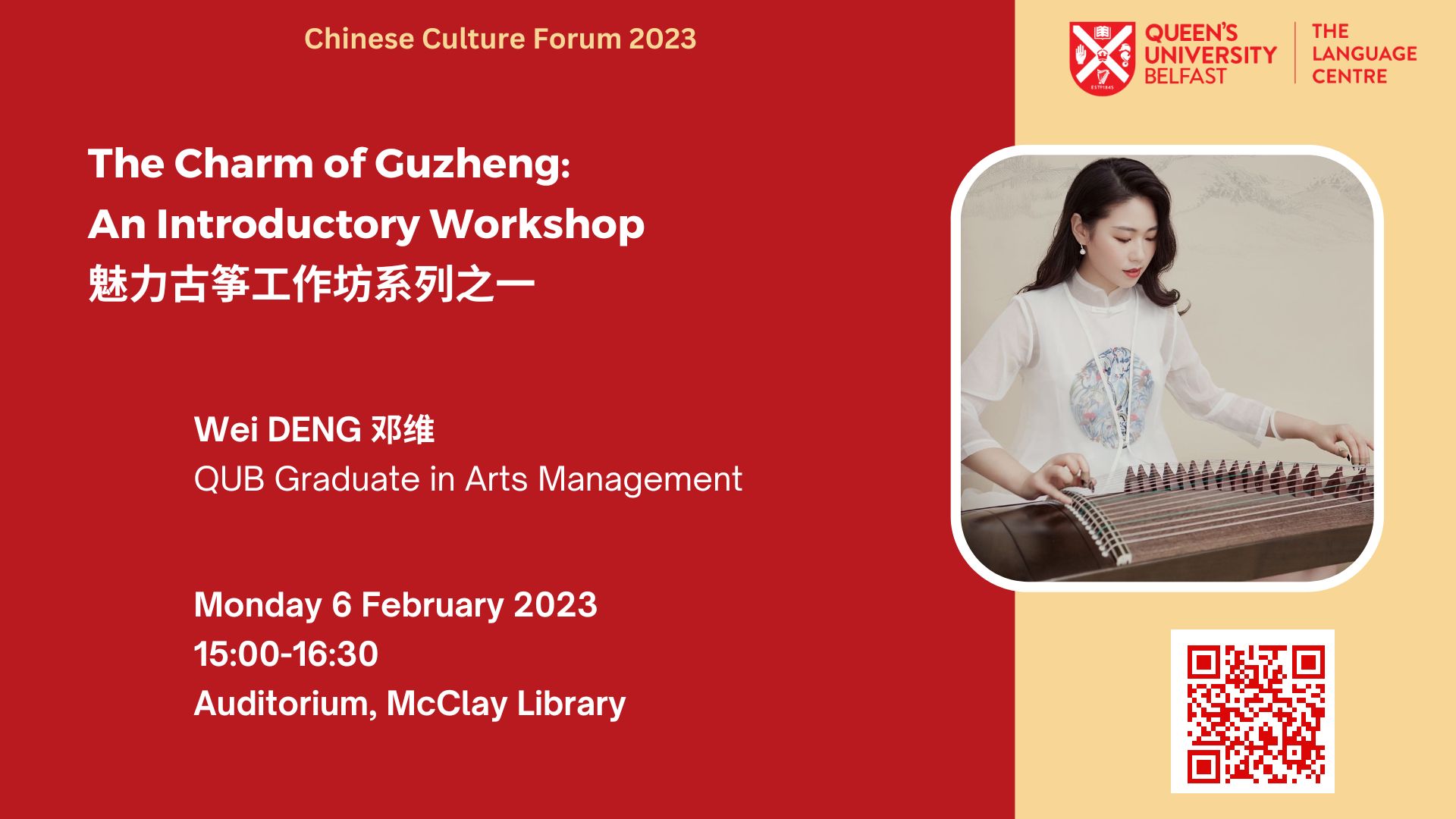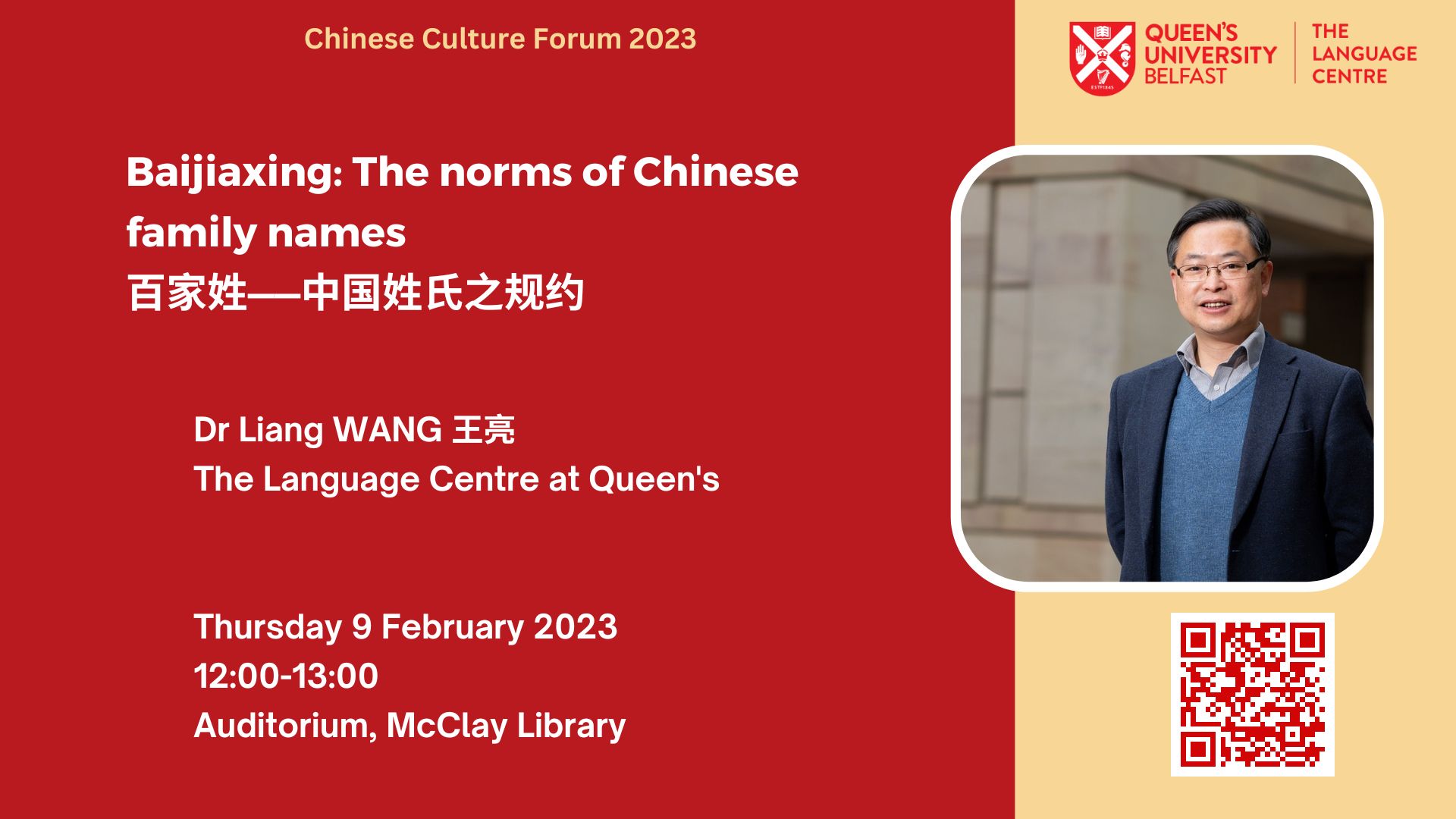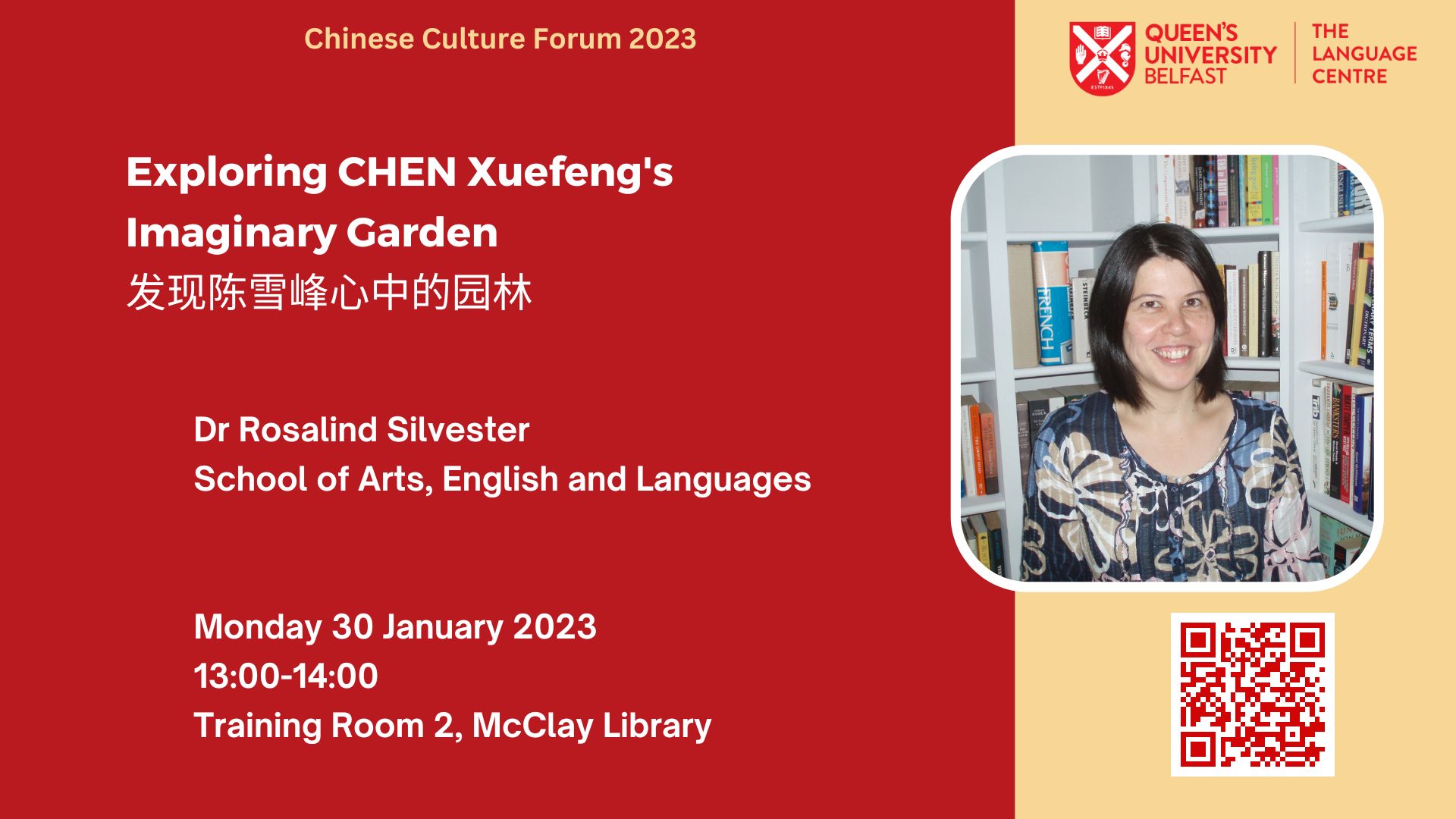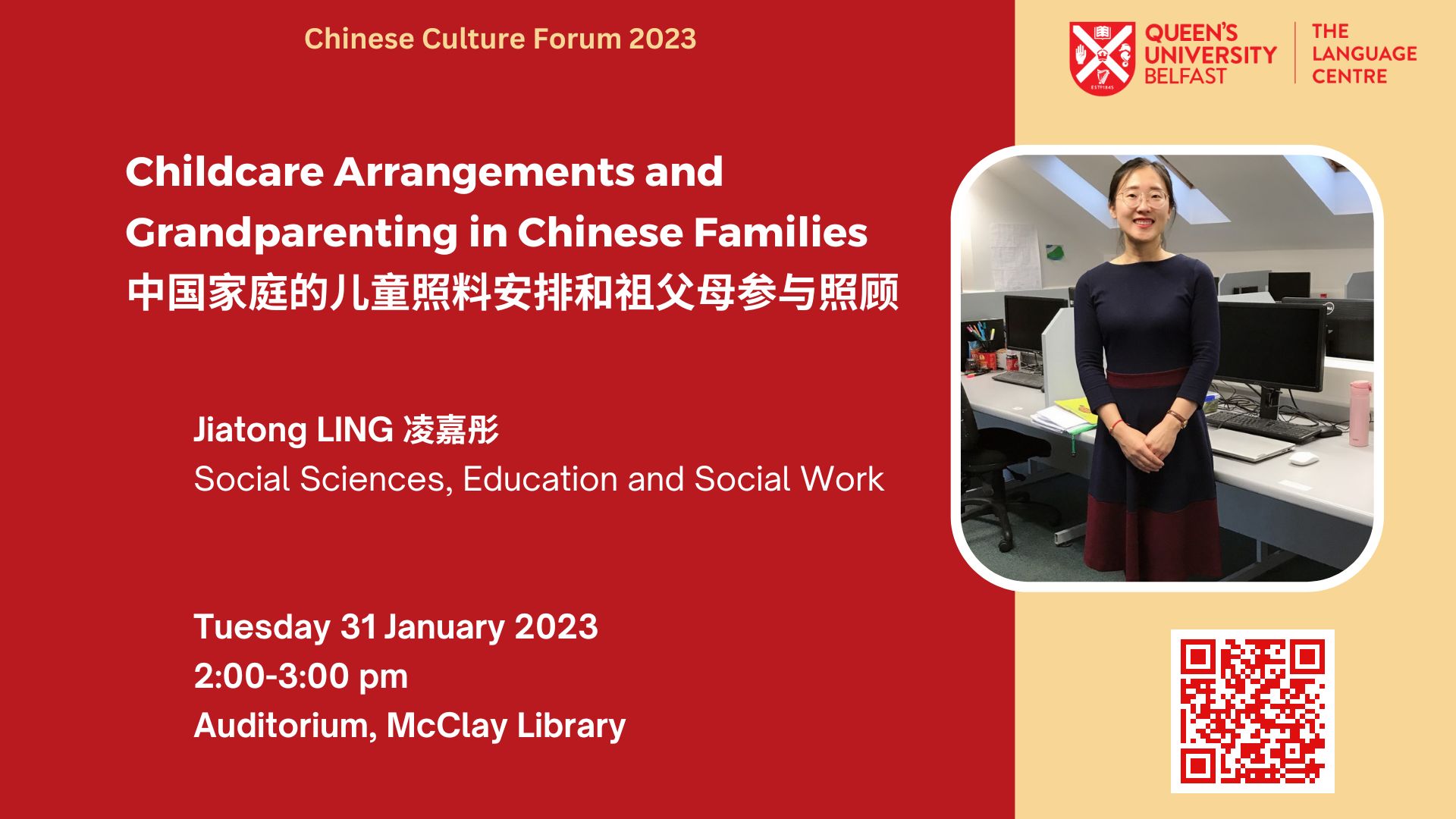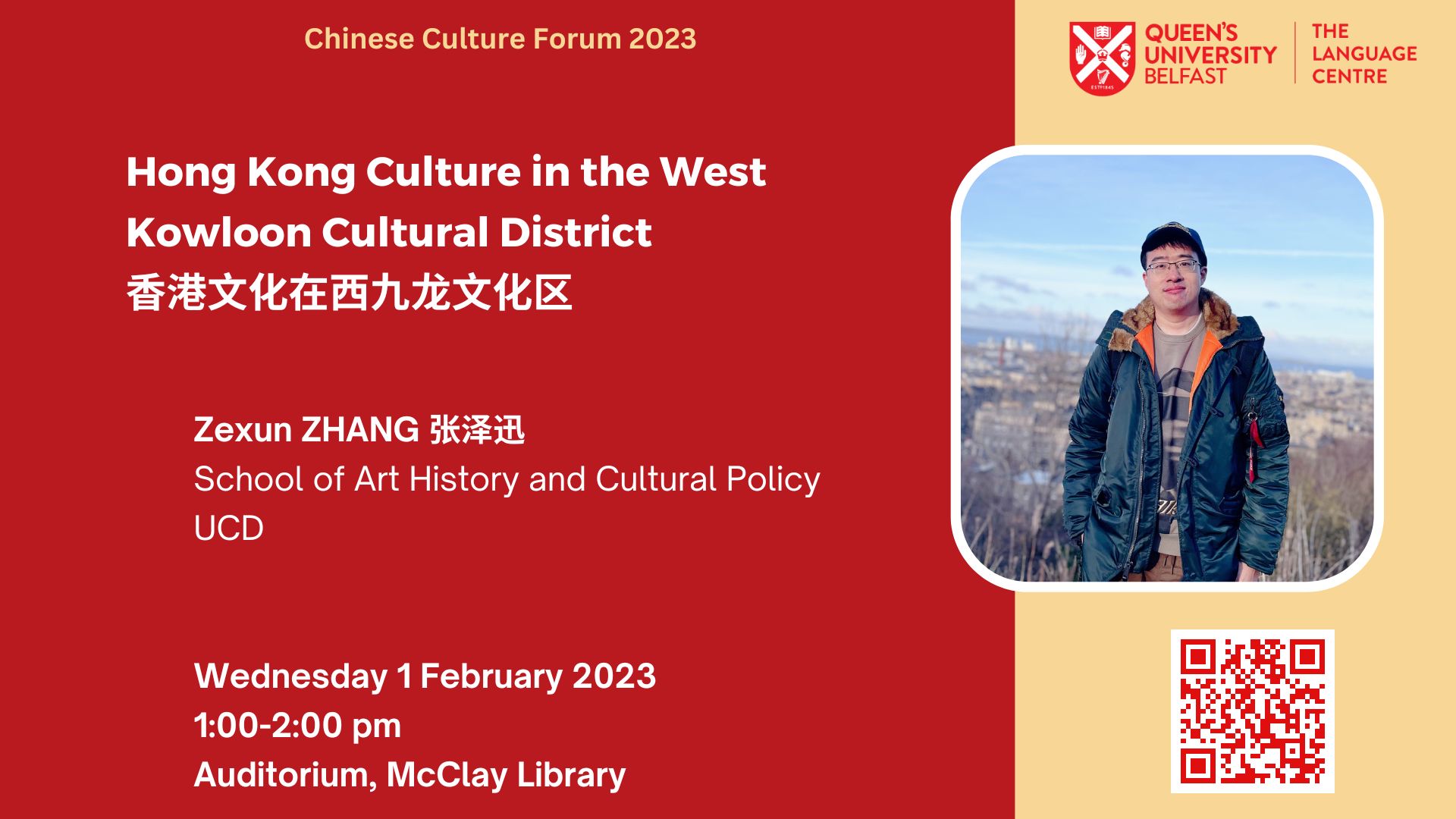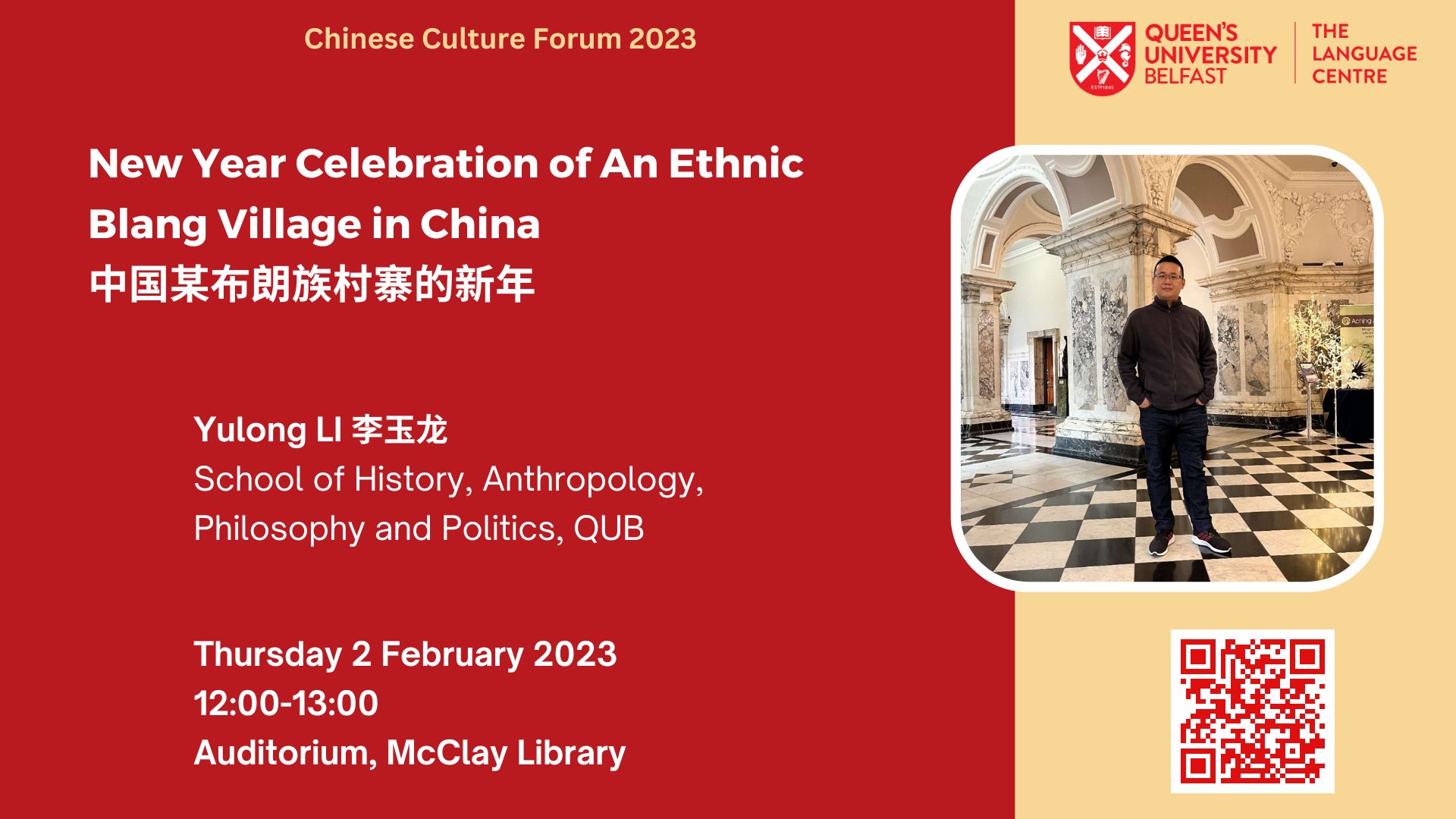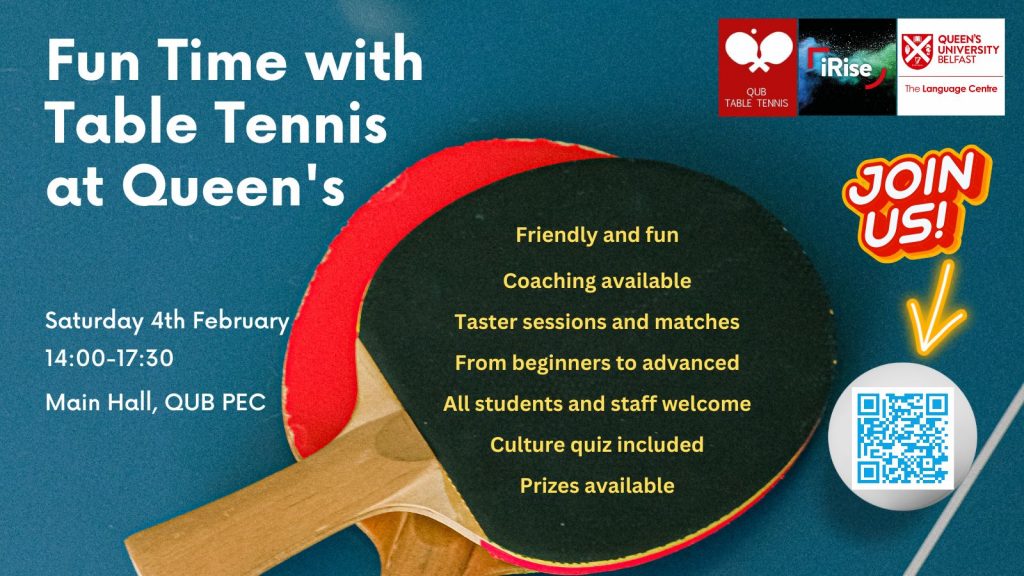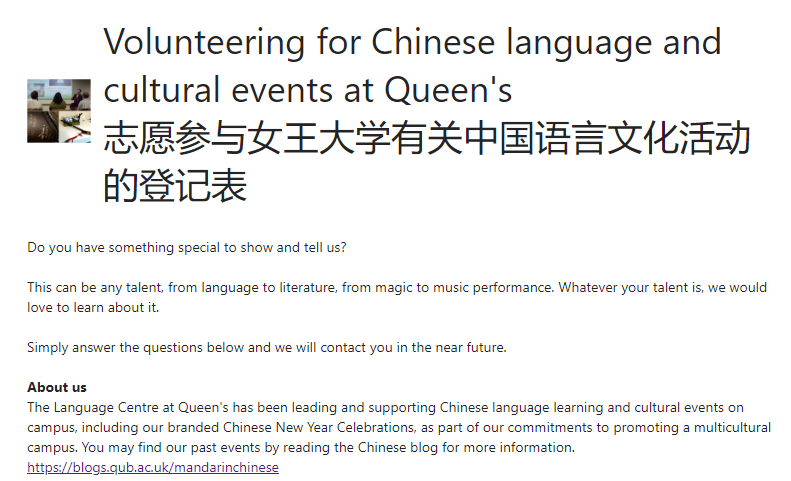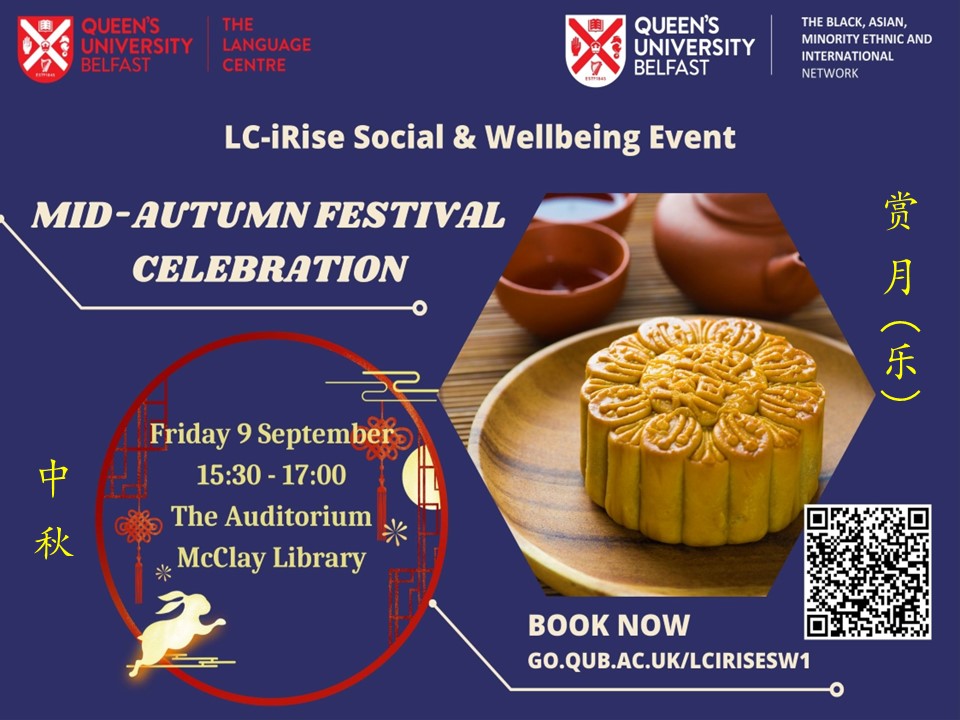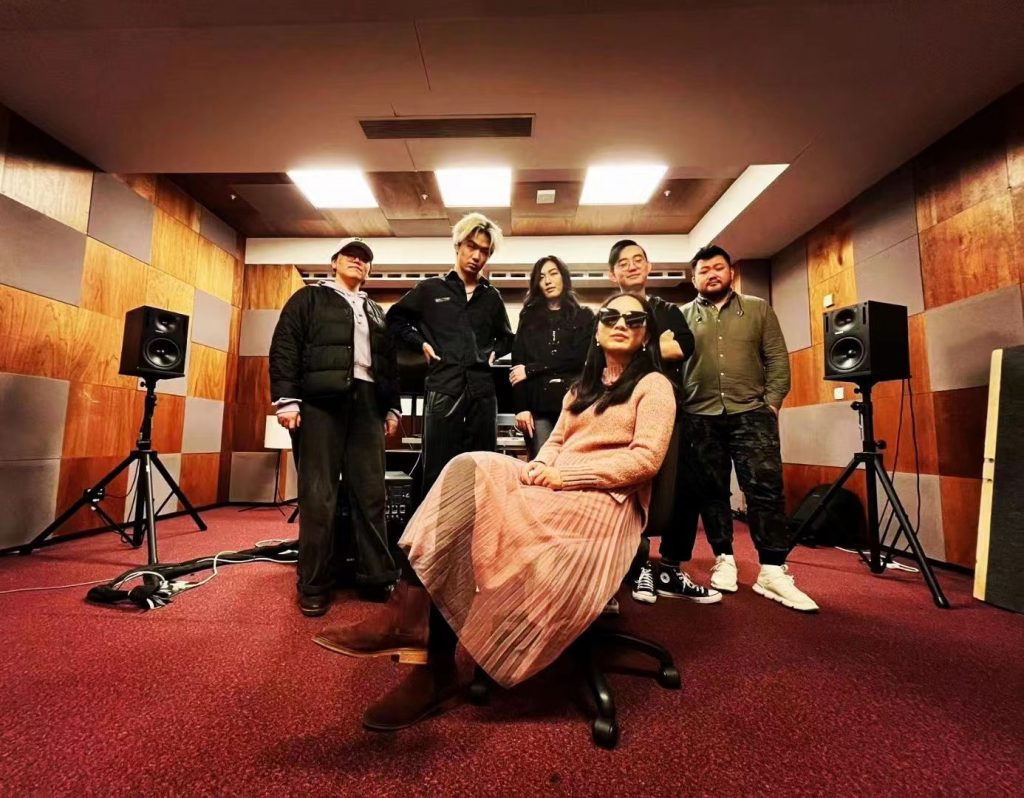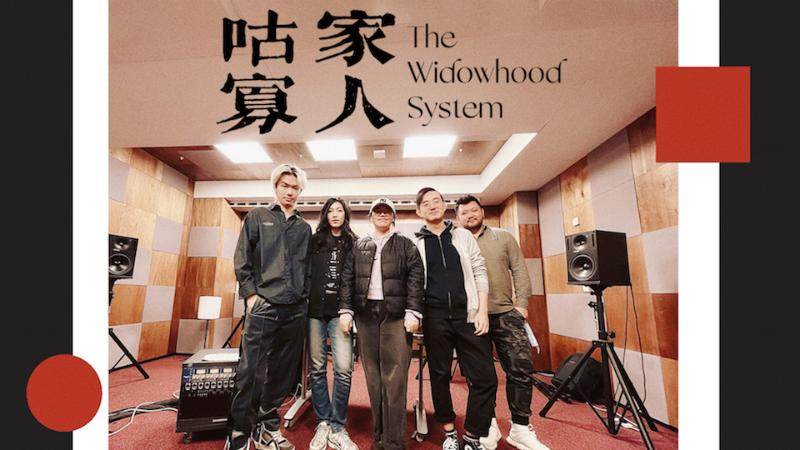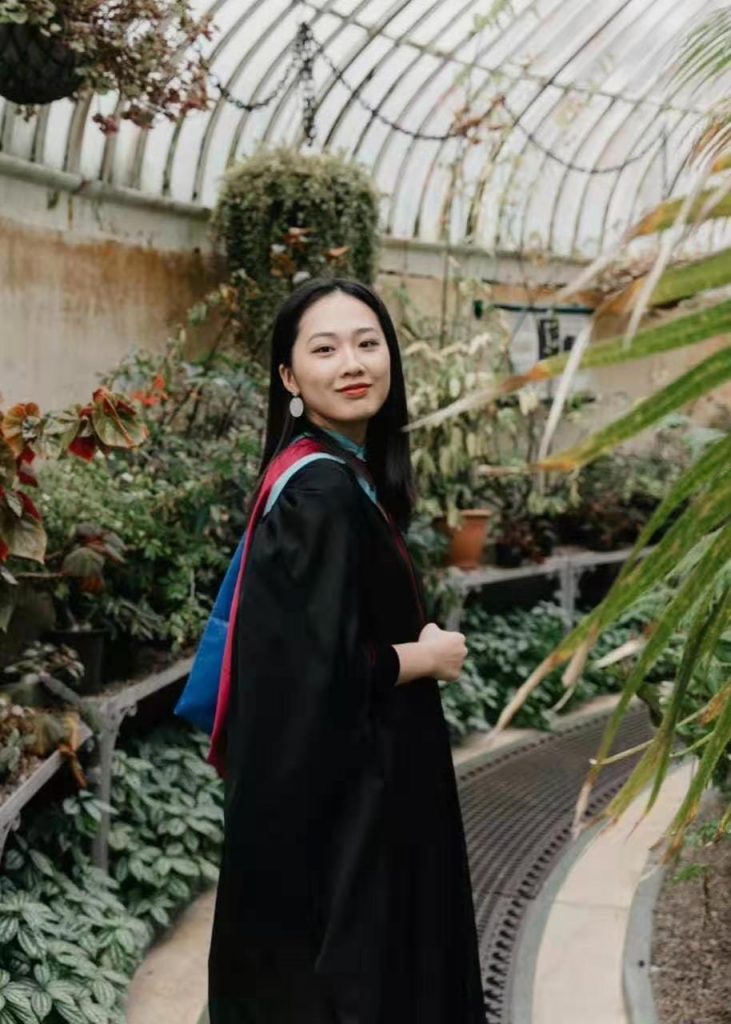The Start of Spring (立春) falls on Sunday 4th Feb according to the Chinese lunisolar calendar, which well announces the arrival of Spring Festival (Chinese New Year) celebration in China and elsewhere.
Spring Festival Gala
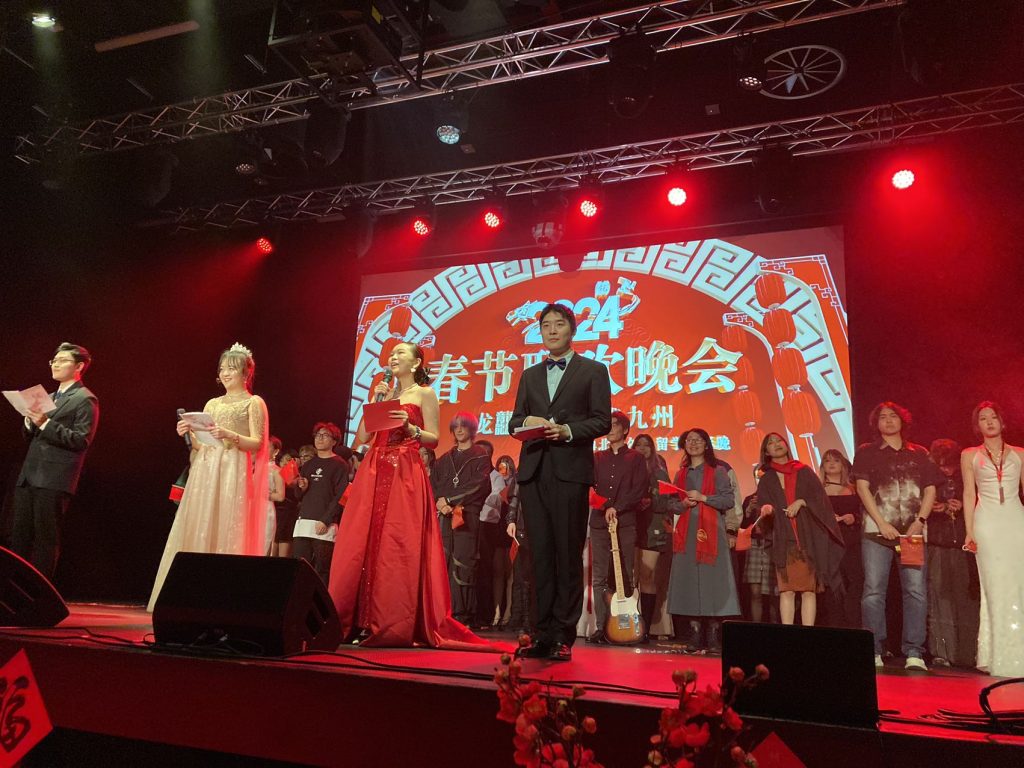
On Saturday 3rd Feb, the Chinese Students’ Society presented a fabulous Gala of performances to entertain not only QUB students and staff members, but also their families and local communities, with an intoxicating atmosphere that brought people together, no matter what cultural backgrounds they belong to, for a bustling night at the Mandela Hall, One Elmwood.
Culture Talk
The success of the Spring Festival Gala has extended its inviting arms to welcome more audience to join in a great variety of cultural events that are to come, with a culture talk presented by Dr Ibrar Bhatt and Heng WANG on their research reflections on Chinese Muslim Heritage Literacy, which is scheduled between 3 pm and 4:30 pm on Monday, 05/02, at the Auditorium, McClay Library. The talk will also include a display of notable pieces of traditional art collected during fieldwork. QUB colleagues and students are welcome to attend this joint event organised by the Centre for Language Education Research and The Language Centre.
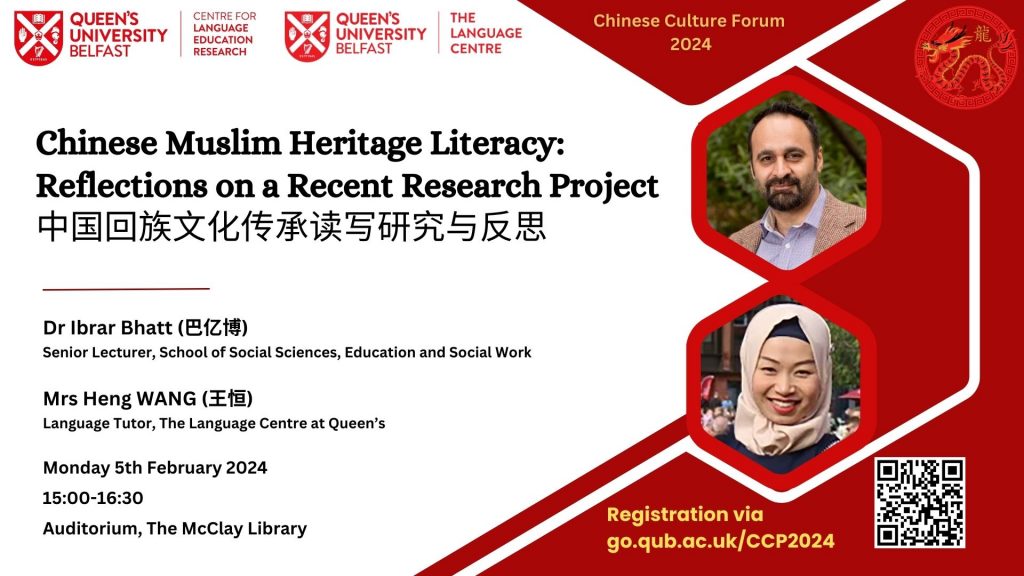
Online Exhibitions
We are also pleased to announce the start of our online exhibitions – Drawing The Dragon Competition and ArtEast Exhibition from Sunday 04/02. The audience are more than welcome to leave your comments to the artworks and share their thoughts in line with the themes.
More Celebrations
Last but not least, we are would like to remind that there are two more big celebrations lined up for this week – The Festival of Chinese New Year hosted by the Graduate School on Wednesday and CNY Launch Day with Interactive Fair on Thursday in One Elmwood. Places are limited so advance bookings are required.
